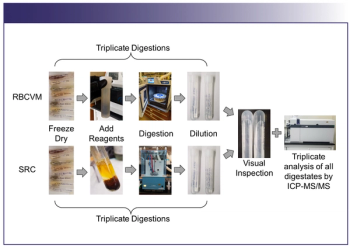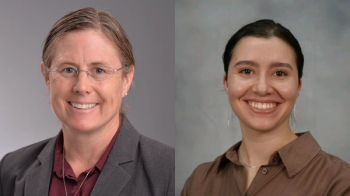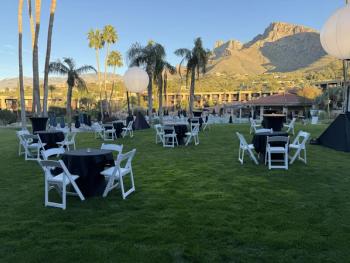
Crystallography Scholarship Awards Established
The International Centre for Diffraction Data (ICDD), Newtown Square, PA, has established the Ludo Frevel Crystallography Scholarship Fund.
The International Centre for Diffraction Data (ICDD), Newtown Square, PA, has established the Ludo Frevel Crystallography Scholarship Fund. Frevel was a founder, board member, and chairman of the International Centre for Diffraction Data. His work in X-ray powder diffraction and in catalysis earned him worldwide recognition.
The purpose of the scholarship is to encourage promising graduate students to pursue crystallography-oriented research. Multiple recipients are selected on a competitive basis, each receiving an award of $2,500. Applications must be received by the ICDD by October 26, 2011.
Applicants must be enrolled in a graduate degree program during the 2012 calendar year with major interest in crystallography, for example, crystal structure analysis, crystal morphology, modulated structures, correlation of atomic structure with physical properties, systematic classification of crystal structures, phase identification, and materials characterization. Students with a graduation date prior to July 1, 2012 are not eligible for the 2012 scholarship award. There are no restrictions on country, race, age, or sex. The term of the scholarship is one year.
To learn more, visit To learn more, visit
Newsletter
Get essential updates on the latest spectroscopy technologies, regulatory standards, and best practices—subscribe today to Spectroscopy.




